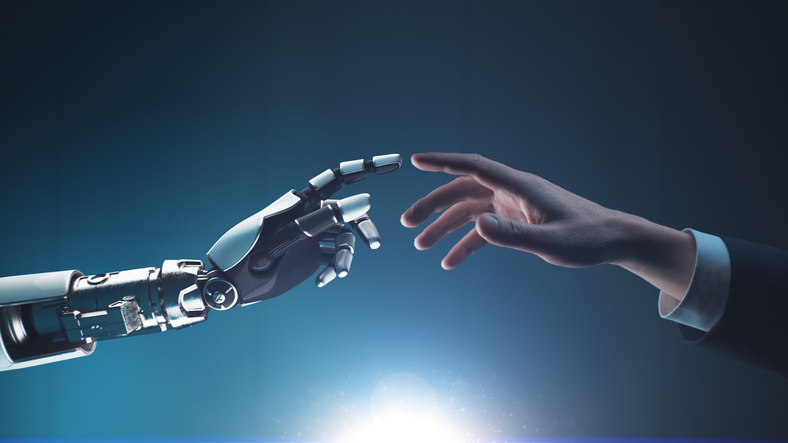 Artificial Intelligence, AI, the buzzword of the decade, has come a long way since it was first introduced in the 1950s. From being an obscure, incomprehensible idea, AI has evolved into a critical tool in the modern world. Today, AI is impacting every aspect of our lives, from the way we communicate and work to the way we lead our everyday lives. In this article, we’ll take a journey down memory lane and discuss the evolution of artificial intelligence (umělá inteligence) from the past to present and what the future holds.
Artificial Intelligence, AI, the buzzword of the decade, has come a long way since it was first introduced in the 1950s. From being an obscure, incomprehensible idea, AI has evolved into a critical tool in the modern world. Today, AI is impacting every aspect of our lives, from the way we communicate and work to the way we lead our everyday lives. In this article, we’ll take a journey down memory lane and discuss the evolution of artificial intelligence (umělá inteligence) from the past to present and what the future holds.
The Past: AI was first introduced in the 1950s, where researchers were keen to develop machines that could perform human-like tasks. They started with simple calculations and progressed to developing chess-playing programs and other advanced systems. The AI systems were not very effective, and this led to the “AI winter,” where funding was cut off. In the 1980s, however, AI research re-emerged, and this time, researchers created more useful systems that could perform specific tasks like speech recognition and logical reasoning.
The Present: The present state of AI is a far cry from the rudimentary systems of the past. Today, AI is turning out to be an essential tool in helping businesses, governments, and other organizations make important decisions. From chatbots that can answer customer queries to smart assistants that can carry out complex tasks, AI is everywhere. Machine learning, deep learning and other AI-based technologies are now being used in fields like healthcare, finance, and transportation, improving efficiency, reducing costs, and enhancing the customer experience.
The Future: With the rapid pace of technological advancement, AI is set to transform the world in ways we can only imagine. In the future, AI will help us solve some of the world’s most pressing problems, from climate change to poverty. We can expect AI to enhance our lives in previously unimaginable ways, such as personalized healthcare, intelligent homes, and appliances, and much more. As AI helps us achieve feats previously only seen in science fiction, it’s important to ask how we can ensure that AI is used for good. Ensuring that AI is developed responsibly, ethically, and with human values in mind will be key to reaping the benefits of this technology safely and equitably.
The Challenges Ahead: As AI continues to evolve, it poses a unique set of challenges for researchers, policymakers, and society at large. There are concerns about job displacement as AI technologies automate tasks previously done by people. There are worries about the impact of AI on our privacy and civil liberties. These challenges are not insurmountable, but they will require intentional and thoughtful action. It is essential that individuals, organizations, and governments work together to address these concerns and ensure that AI remains a force for good.
Conclusion:
AI is an exciting technology that has come a long way since its inception. From the early days of the 1950s to the present, AI has evolved from an obscure idea to a critical tool in the modern world. The future of AI is even more promising, with the potential to revolutionize life as we know it. However, AI development must be guided by ethics and responsibility, and we must be mindful of the challenges we face as a society. As we embrace AI, we must ensure that it is developed in such a way that it enhances human flourishing and promotes societal well-being. With the right approach, AI can be a tremendous boon to humanity.




